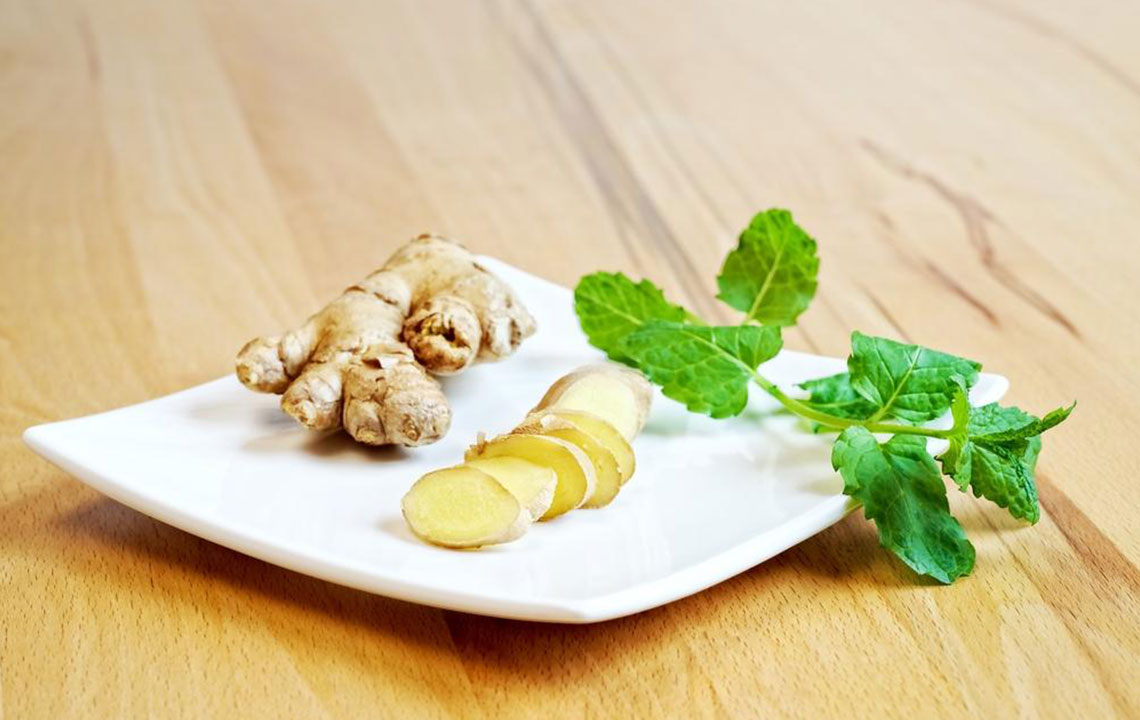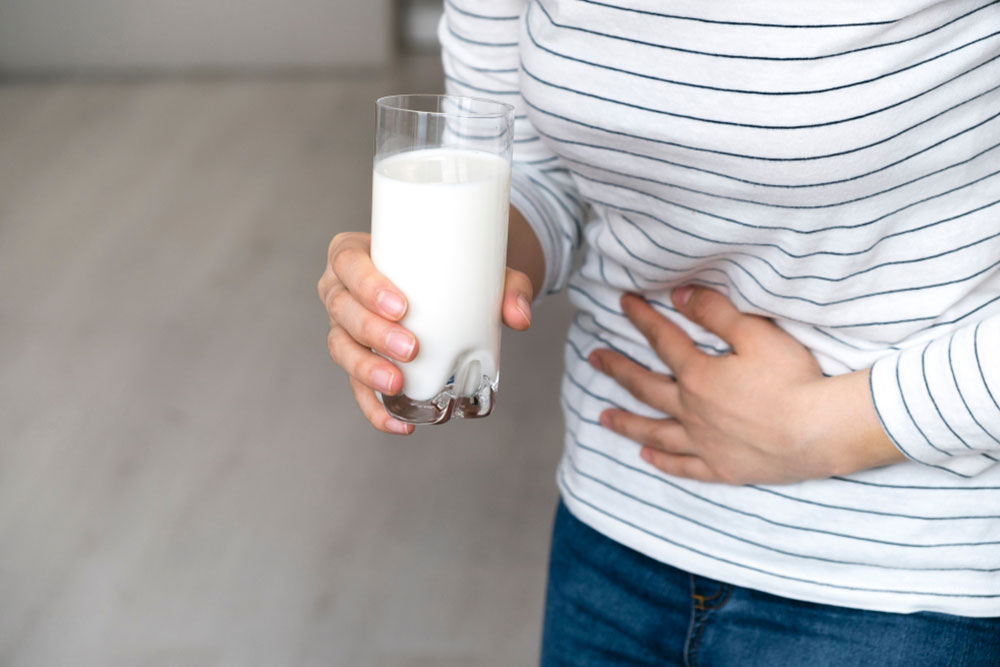Comprehensive Guide to Managing Persistent Constipation and Effective Relief Strategies
This comprehensive guide delves into effective strategies and lifestyle changes necessary for managing persistent constipation. It discusses dietary modifications, hydration, exercise, and medical considerations to improve bowel health, prevent complications, and enhance overall digestive well-being. Ideal for those seeking long-term relief from chronic constipation with practical, evidence-based advice.

Comprehensive Guide to Managing Persistent Constipation and Effective Relief Strategies
Chronic constipation is a widespread issue affecting millions worldwide, impacting daily life, overall well-being, and mental health. While occasional constipation is common and usually temporary, persistent or recurring symptoms require careful attention and effective management. Understanding the root causes, suitable treatment options, and lifestyle changes can significantly improve quality of life. This comprehensive guide explores essential questions and strategies to help you effectively manage ongoing constipation, prevent complications, and restore digestive health.
What are the most effective methods to relieve constipation?
Maintain Optimal Hydration: Consuming adequate amounts of water daily is fundamental. Hydration softens stool and facilitates easier bowel movements. Starting your day with a warm glass of water can stimulate digestion. For those with irritable bowel syndrome or sensitive digestion, carbonated water might provide additional relief by promoting gas release and easing bloating.
Increase Dietary Fiber Intake: Incorporate foods rich in non-fermentable soluble fiber, which adds bulk to stool without causing excessive fermentation or gas. Fiber supplements, such as psyllium husk or methylcellulose, can be used under medical supervision to meet daily fiber requirements.
Engage in Gentle Physical Activity: Regular, moderate exercise like walking, yoga, or pelvic floor exercises can stimulate bowel movements. Pelvic floor exercises like Kegel exercises strengthen muscles involved in defecation, promoting regularity without straining.
Which foods should I avoid if I experience ongoing constipation?
Dairy Products: Milk, cheese, butter, and ice cream can sometimes contribute to constipation, especially in individuals with lactose intolerance or sensitivities. Reducing dairy intake can alleviate symptoms.
Processed Sugars and Sweets: Baked goods, cookies, and candies contain refined sugars that may impair gut motility and cause bloating or discomfort.
Fried and Greasy Foods: Fast foods, fried snacks, and high-sodium meals can dehydrate the body and slow digestion, making bowel movements more difficult.
Unripe Bananas: Unlike ripe bananas, unripe ones are high in resistant starch, which can contribute to constipation. Opt for fully ripe bananas to avoid this issue.
Which foods are beneficial for alleviating chronic constipation?
Berries: Strawberries, raspberries, blackberries, and blueberries are excellent sources of dietary fiber, antioxidants, and low in calories, supporting healthy digestion and stool formation.
Popcorn: Plain, air-popped popcorn without salt or butter is a fiber-rich snack that can promote bowel regularity. Avoid pre-packaged microwave varieties high in additives and fat.
Legumes: Kidney beans, pinto beans, lima beans, and navy beans are loaded with soluble and insoluble fiber, aiding in stool bulk and transit time.
Dried Fruits: Prunes, apricots, raisins, figs, and dates are well-known natural remedies for constipation. Choose unsweetened or minimally processed options to maximize benefits.
Can home remedies effectively treat chronic constipation?
Diet and Lifestyle Modifications: Simple changes like increasing fiber intake, staying hydrated, and incorporating regular physical activity can dramatically improve bowel movements and reduce symptoms over time. Consistency is vital for lasting results.
Risks of Ignoring Persistent Symptoms: Chronic constipation that persists despite home measures can lead to complications such as hemorrhoids, anal fissures, rectal prolapse, and in rare cases, appendicitis. Recognizing warning signs and seeking medical advice early is crucial.
Integrated Approach: Combining home remedies with medical consultation ensures comprehensive care. Healthcare professionals can recommend laxatives, enemas, or other treatments if necessary, especially in severe cases.
In summary, managing chronic constipation involves a combination of dietary adjustments, lifestyle changes, and, when needed, medical intervention. Staying informed about effective remedies and consulting healthcare providers can help you regain digestive health, improve comfort, and prevent more serious complications from developing.
Tags – chronic constipation, digestive health, fiber-rich foods, lifestyle changes, medical management





